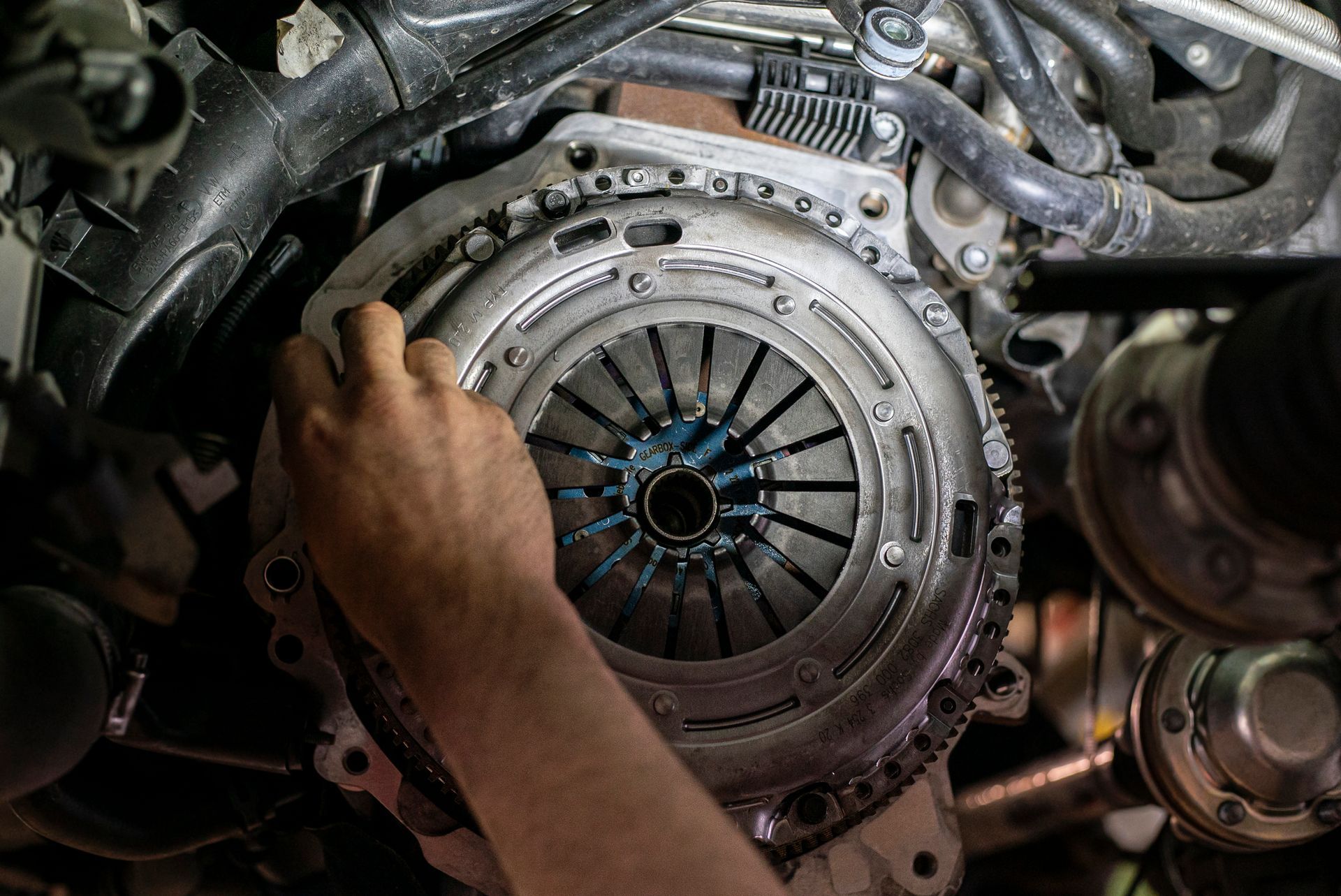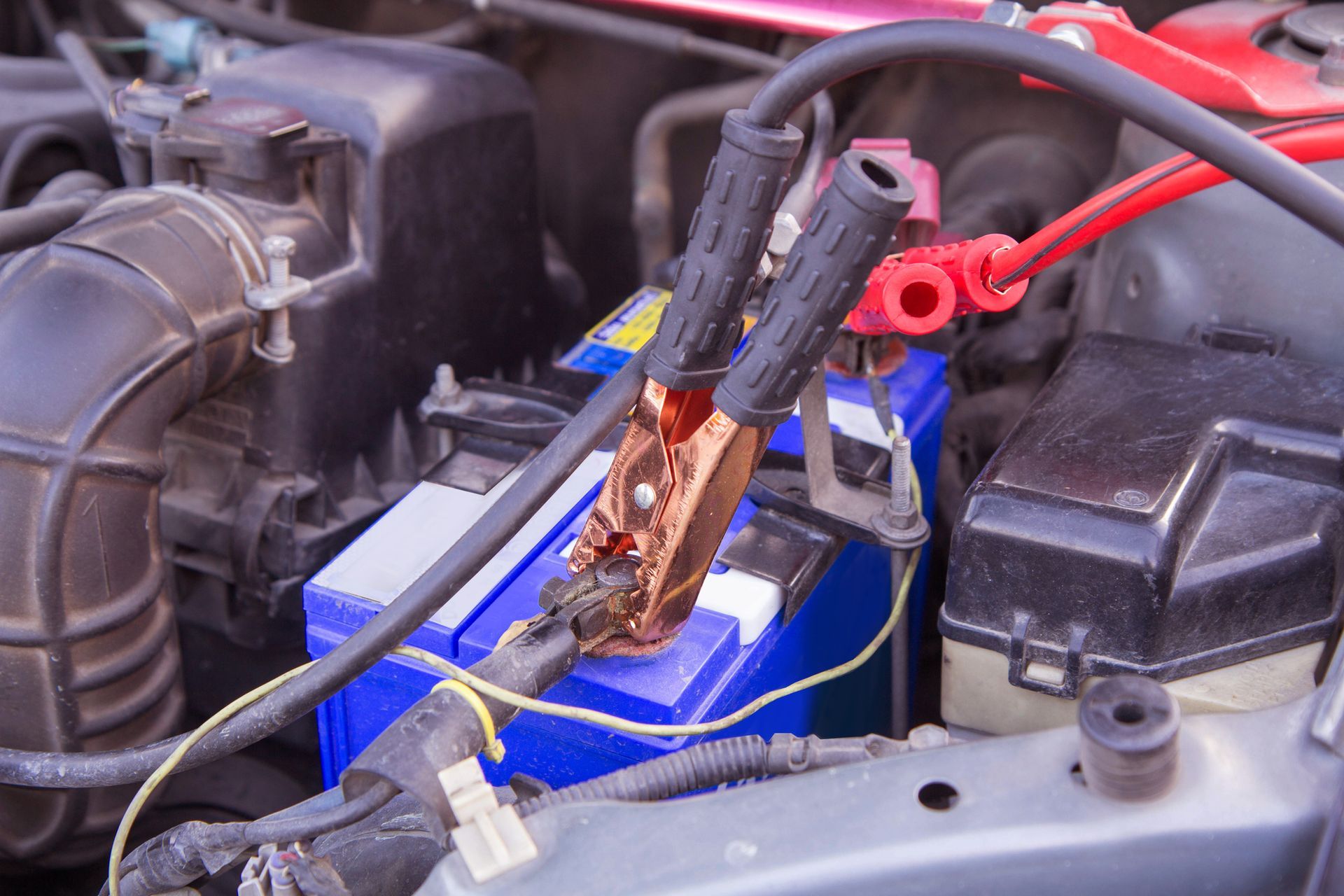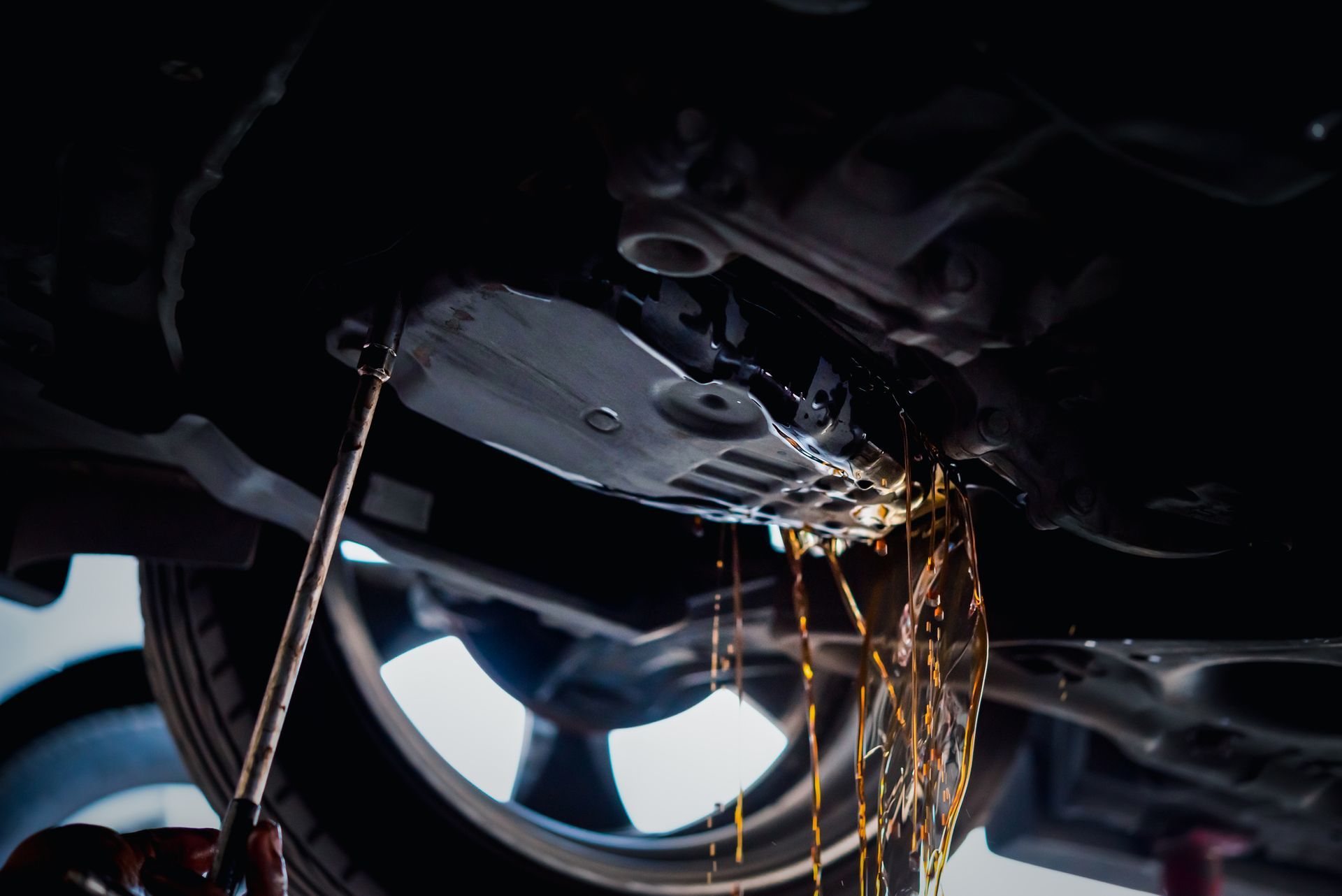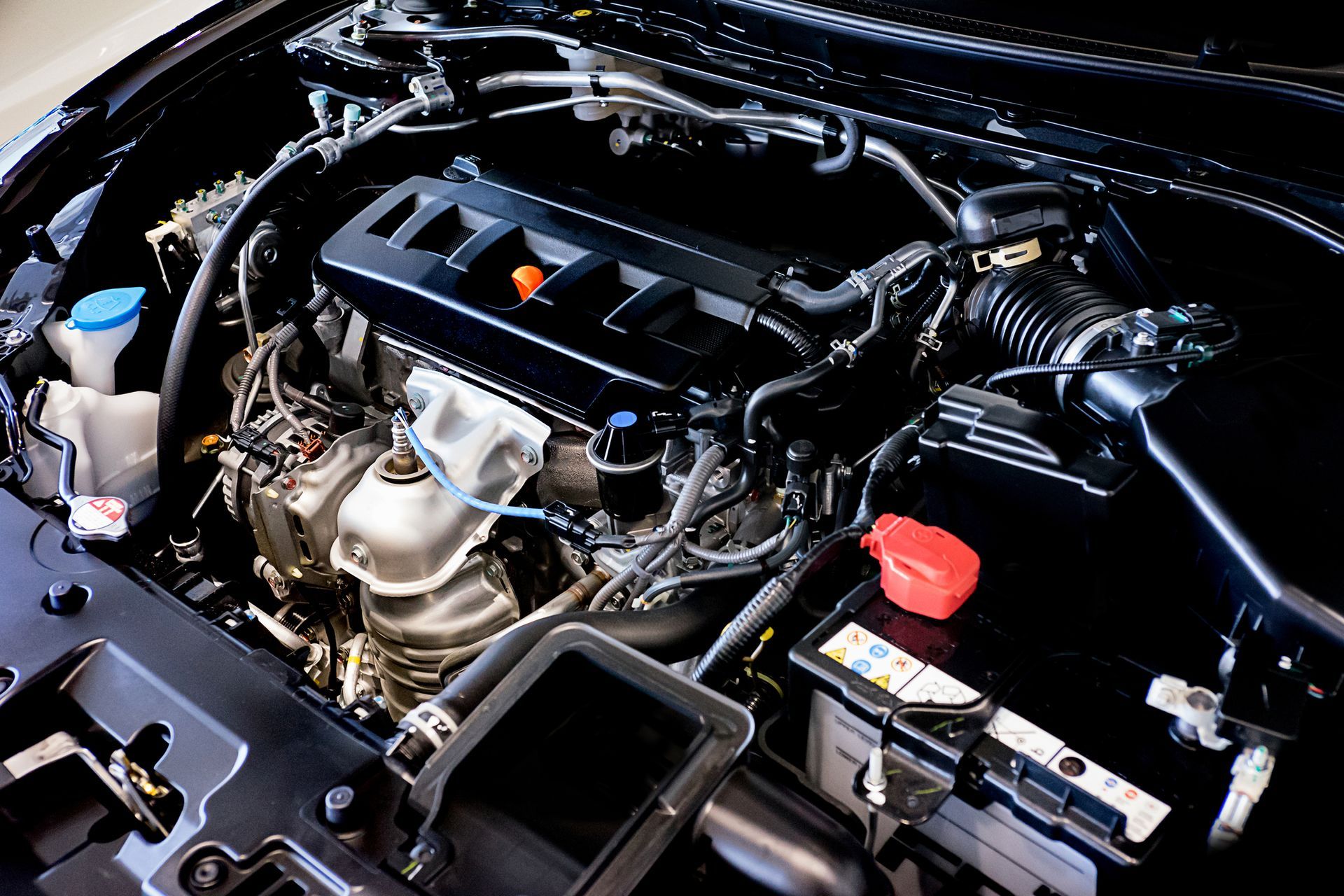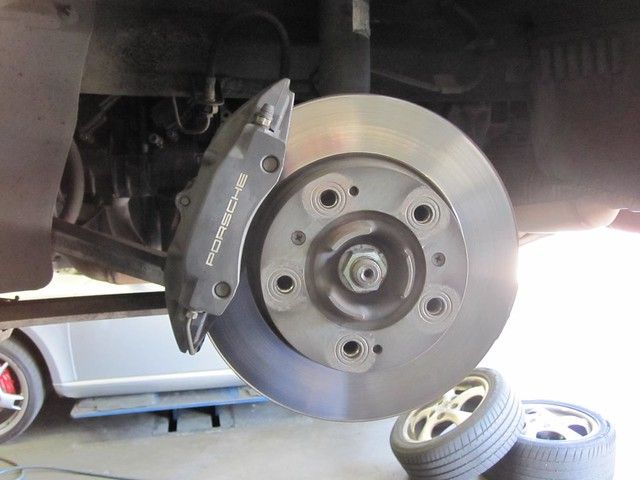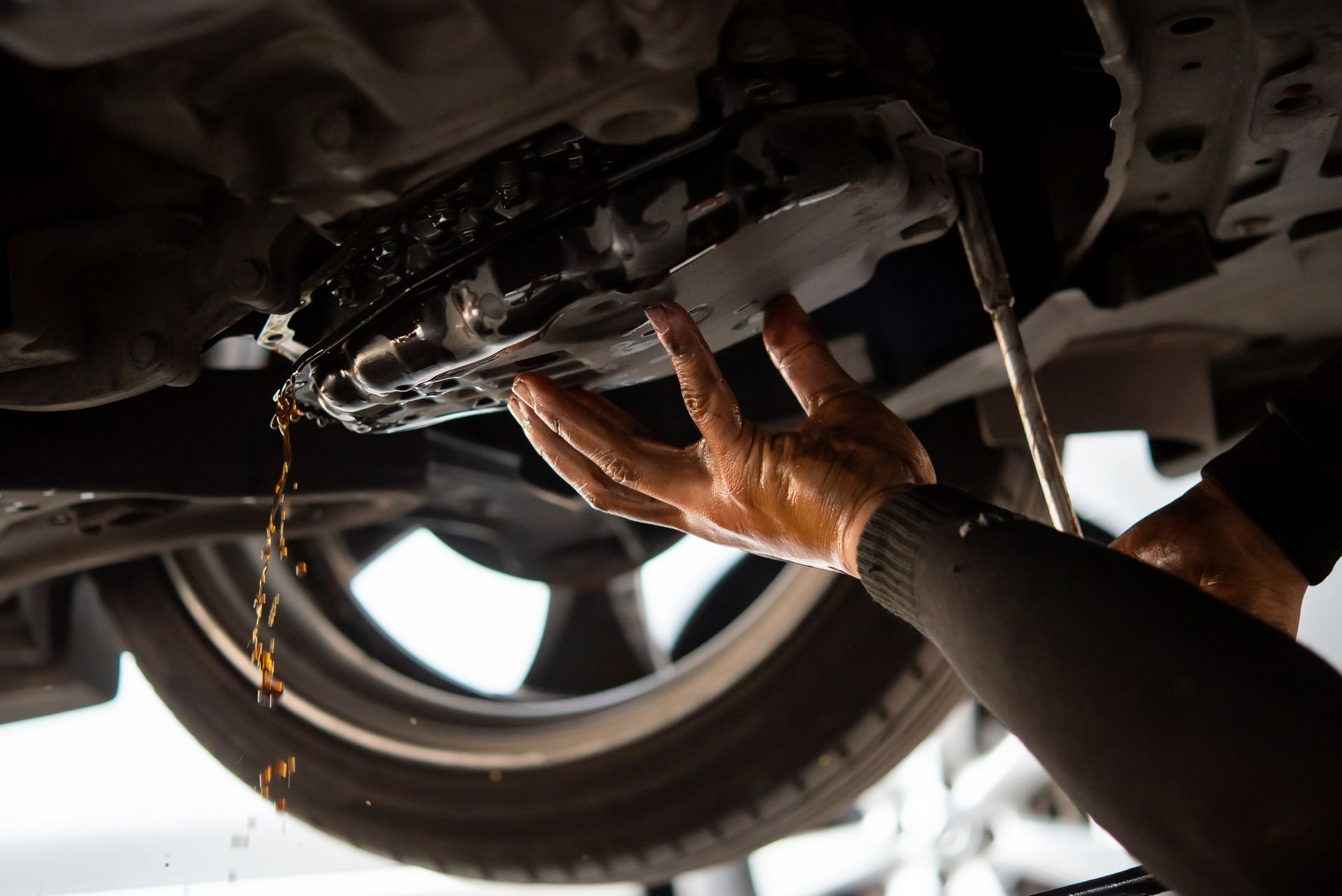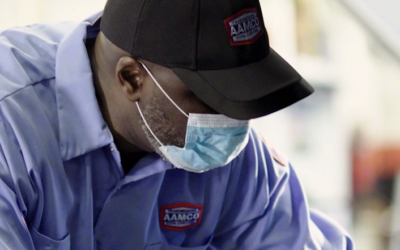No one wants to run into a dead car battery. One way to help keep your car battery and electrical system healthy is to take care of some basic at home car maintenance. Whether you’re car savvy or not, it’s easy to keep your car battery clean and check for any signs...
read moreWhat Does Brake Fluid Do?
The braking system is an integral function in all vehicles. Brakes are a primary safety mechanism that allows you to stop or slow down your car.
But how does this system work? When you step on the brake pedal , this force is transmitted to your brakes via a hydraulic fluid commonly known as brake fluid. For your car to stop or slow down, your brakes require a much greater force than you can apply with your foot. When you step on your brake pedal, the pistons inside the brake calipers compress and squeeze on the rotors hence slowing down your car. However, it’s important to note that your brakes rely on brake lines filled with brake fluid to divert this force to the front and rear of your car.
Related: Brake Inspection Rundown
Related: 5 Car Noises That May Indicate Trouble
Related: How To Increase Your Car’s Lifespan
What Are The Characteristics of Brake Fluid?
There are different types of brake fluid, but they all share some common qualities that allow them to function optimally in automotive applications. Good brake fluid must have a high boiling point, be incompressible, non-corrosive, and maintain a constant level of viscosity.
What Affects Brake Fluid Performance?
Brake fluid operates in a sealed system. However, it’s hygroscopic and can absorb moisture when air penetrates through hoses and other parts of the braking system. If your brake fluid absorbs moisture or becomes contaminated, it compromises the effectiveness of your braking system. Water in brake lines reduces the boiling point of brake fluid hence diminishing braking ability. Moisture also corrodes the master cylinder, brake lines, calipers, and other components.
For a well-performing braking system, your brake fluid should maintain constant viscosity under a wide range of temperatures and weather conditions. Viscosity pertains to the thickness of brake fluid or resistance to flow. This is especially important in vehicles with ABS systems, stability, and traction control. If your brake fluid has the wrong viscosity, it can compromise the performance of your braking system.
Braking fluid should remain non-compressible even under varying temperatures to accommodate different weather conditions. This is critical in ensuring you experience a regular brake pedal feel. Whether you’ve been driving all day, or have just started your car your brake pedal should always have a consistent feel. If brake fluid compressibility increases, more brake pedal travel is inevitable to exert the same amount of force, and your pedal will definitely feel different.
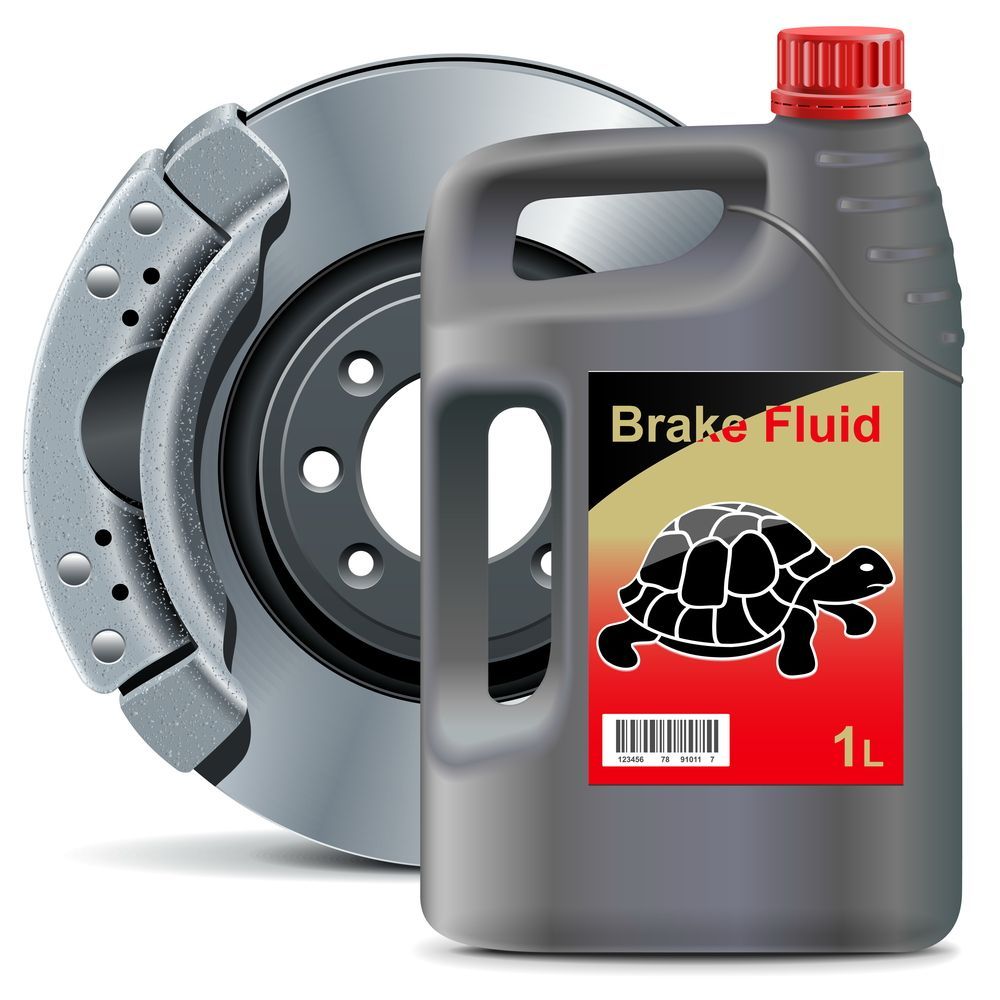
How Often Do You Need To Replace Your Brake Fluid?
Replacing or flushing your brake fluid will cost you much less compared to undertaking brake repair due to corroded and worn out brake system components. So clearly, there’s lots of value in scheduling regular brake system maintenance.
Remember, every vehicle has different maintenance needs. Brake fluid is integral to the performance and safety of your vehicle. Therefore, you should refer to your owner’s manual to know how often your car should get a brake fluid change. If you’re unsure of how often you should change your brake fluid , you should never hesitate to consult our professionals at AAMCO, Utah.

Get Premium Brake System Service at AAMCO Utah
Unfortunately, you may not be able to determine the state of your brake fluid by simply looking at it. However, you can look out for signs such as a soft, spongy, or firm brake pedal.Brake fluid is essential to the safe operation of your vehicle. It’s therefore critical that you have your fluid regularly inspected by a certified professional. They will be able to examine the level of your brake fluid, moisture content, viscosity, presence of contaminants, and if there’s any leak.At AAMCO Utah , we know that brake fluid is an integral part of your regular car maintenance routine to guarantee your safety and that of your passengers.
Find your local AAMCO Utah
More from our Blog
5 Questions to Find Your Go-To Mechanic
Finding a stand-out mechanic is tough. Many people have trouble finding a mechanic to trust with their car, time after time. How can you avoid going to another mechanic that just won’t cut it? There are a few key things that set great mechanics apart from the rest....
read moreRising Gas Prices: How to Get the Most from Your Car
Got money on your mind? Gas prices across the country are rising. If you feel like that’s hitting your wallet hard, there are ways to help improve your car’s gas mileage. Through a combination of routine car maintenance and good driving habits, you can help save money...
read moreBest Salt Lake City Transmission Shop
Stranded in Salt Lake City with a bad transmission? Or just looking for a new SLC transmission shop for the next time you need a mechanic? Whatever situation you find yourself in, you want a SLC transmission repair shop you can trust. When it comes to transmissions,...
read more5 Common Reasons Why Your Car is Shifting Hard
Noticing a jerky ride lately? If your car is having trouble shifting gears, it’s a good indicator that you need a transmission repair. There are a number of specific underlying problems it could be and a mechanic is best able to accurately diagnose which you’re...
read more3 Steps to Start Diagnosing Your Transmission Repair
As a driver, it can be helpful to understand the basics of how to diagnose a broken transmission. Whether you drive an automatic transmission or manual transmission, many of the signs and symptoms of a broken transmission are the same or similar. A mechanic is best...
read moreWhat Puts One Salt Lake City Transmission Shop Above the Rest?
Tired of typing, “transmission shop near me,” into your search engine and feeling indifferent about their service after the fact? Well, you’re in luck, because the best place to repair a transmission in Salt Lake City is AAMCO Utah. No matter what car repair service...
read moreBook an Appointment

Navigate our Blog
Recent Posts
The post What Does Brake Fluid Do? first appeared on AAMCO Utah Transmission Repair and General Car Repair.
Share
